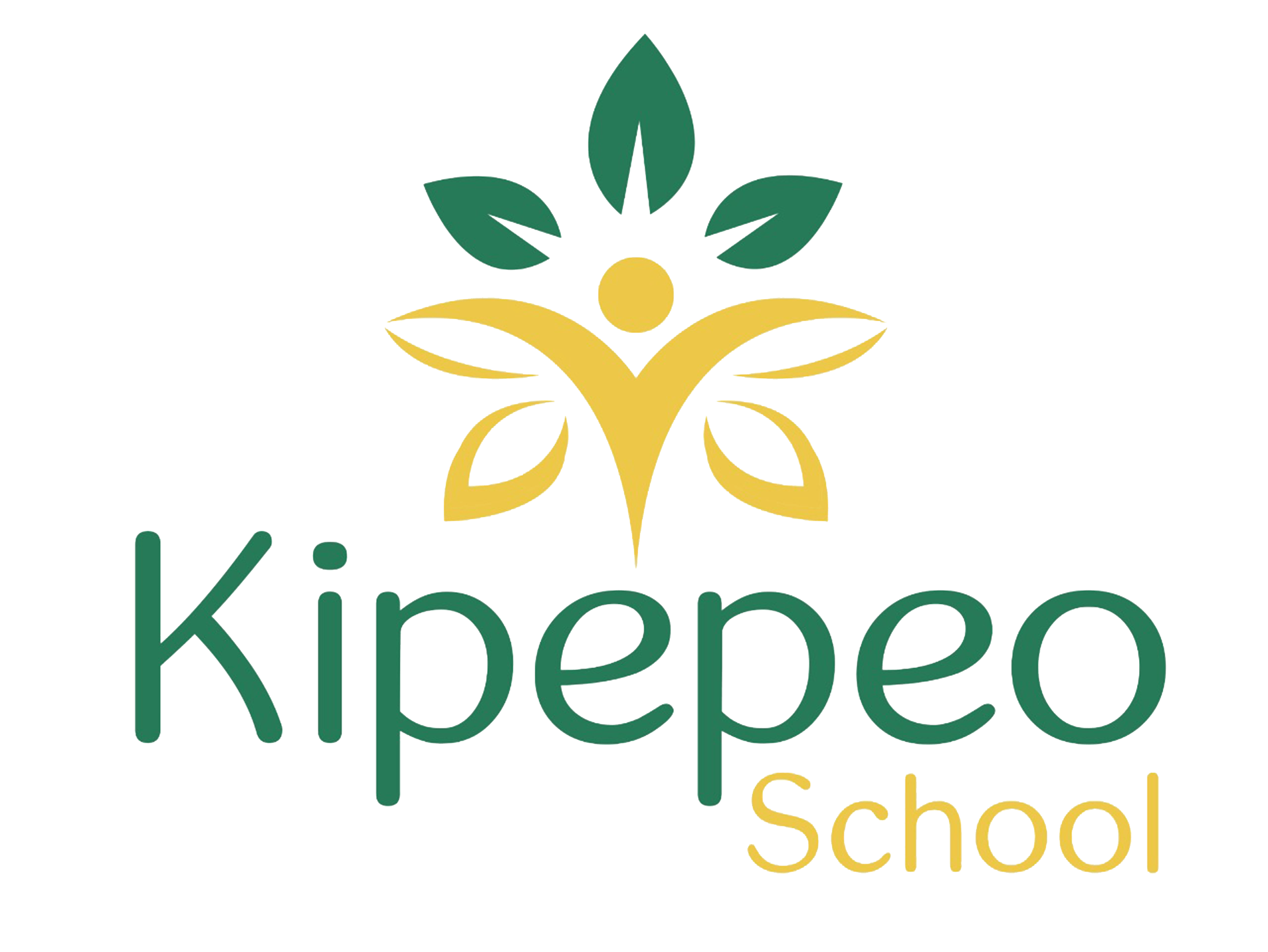Key Stage 2
Developing a love of learning and encouraging curiosity.
IGCSE Key Stage 2 (KS2) is a critical stage in a child’s educational journey, catering to students aged 7 to 11 years old. It continues to play an important role in developing a student’s academic path and personal growth, building on the foundation set in Key Stage 1.
At Key Stage 2, the emphasis shifts to a broader range of subjects such as English, Mathematics, Science, Social Studies, and, in some cases, extra languages. The program is intended to stretch young brains by encouraging critical thinking, creativity, and problem-solving skills. Furthermore, it promotes a well-rounded growth by encouraging an appreciation for the arts, physical education, and extracurricular activities.
Developing a love of learning and encouraging curiosity is an important part of IGCSE Key Stage 2. Teachers strive to create dynamic and interactive learning environments in which students are encouraged to ask questions, explore, and find knowledge on their own. This inquisitive approach not only improves their academic performance but also instills a lifetime love of learning.
Furthermore, Key Stage 2 highlights the need of effective communication and teamwork. Students are encouraged to work together on group projects, presentations, and conversations in order to promote good communication and social growth.
At this stage, assessment is used to gauge pupils’ comprehension and progress. The IGCSE system, on the other hand, emphasizes that assessment is about more than just exam results; it is also about finding areas for improvement and assisting students in their learning journey.
Ultimately, IGCSE Key Stage 2 offers young learners a loving and intellectually stimulating atmosphere. It provides children with the skills and information they need to achieve academically and thrive as lifelong learners by encouraging academic excellence, curiosity, and effective communication.

